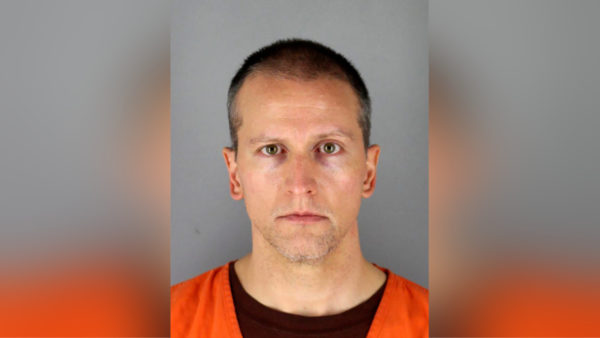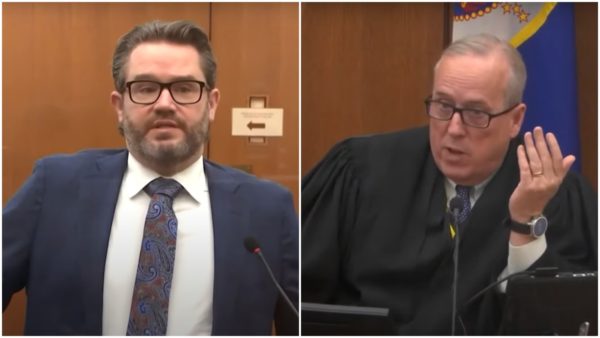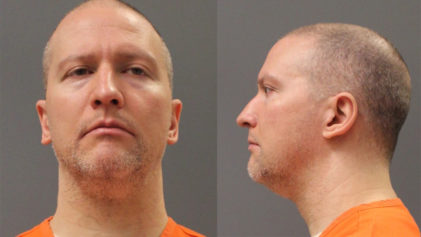Derek Chauvin’s defense team filed a motion in a Minneapolis court on Tuesday requesting a new trial for the former officer convicted last month for murdering George Floyd. In the motion, the legal team alleged jury misconduct and claimed Chauvin was deprived of a fair trial.
Chauvin is currently awaiting sentencing in Minnesota’s highest security prison, where he is kept in an isolated cell for 23 hours a day, after twelve jurors fund him guilty of second-degree unintentional murder, third-degree murder, and second-degree manslaughter on April 20.
Footage of Floyd’s May 25 death showed Chauvin kneeling on his neck for nearly 10 minutes after Floyd had allegedly used a fake $20 bill at a convenience store.
In a motion filed on May 4, Chauvin’s legal team requested a new trial on the grounds of “the interests of justice; abuse of discretion that deprived the Defendant of a fair trial; prosecutorial and jury misconduct; errors of law at trial; and a verdict that is contrary to law.”

Attorney Eric Nelson alleged that the jury felt threatened into convicting Chauvin, writing, “The jury committed misconduct, felt threatened or intimidated, felt race-based pressure during the proceedings, and/or failed to adhere to instructions during deliberations, in violation of Mr. Chauvin’s constitutional rights to due process and a fair trial.”
Brandon Mitchell, previously known only as Juror 52, became the first juror to speak publicly about the trial late last month and said he didn’t feel pressure to reach a guilty verdict.
“It didn’t have to do with pressure from anywhere,” he said.
Nelson claimed in the motion that the court abused its discretion by failing to sequester the jury for the entire trial. While jurors were allowed to return home at night during testimony, they were fully sequestered once deliberations began and were required to stay in a hotel.
After the fatal police shooting of Daunte Wright, Nelson asked Judge Peter Cahill to immediately sequester the jury and question jurors about what they knew about the killing, but the judge denied the request, saying, “This is a totally different case.”
The court also abused its discretion, Nelson said, by failing to submit instructions to the jury that accurately reflected second-degree unintentional murder, third-degree murder, and authorized use of force with respect to the law, and by denying the motion for a change of venue amid pretrial publicity.
Nelson also pointed a finger at the state’s prosecution, claiming the attorneys committed misconduct by “disparaging the Defense; improper vouching; and failing to adequately prepare its witnesses.” The prosecutors also presented “cumulative evidence” on use of force, Nelson said.

“The cumulative effect of the multiple errors in these proceedings deprived Mr. Chauvin of a fair trial, in violation of his constitutional rights,” the motion says.
John Stiles, deputy chief of staff for Minnesota Attorney General Keith Ellison, told ABC News, “The court has already rejected many of these arguments and the State will vigorously oppose them.”
Chauvin is scheduled to be sentenced on June 25 and faces up to 40 years in prison but will likely receive a sentence closer to 15 years because he has no prior record.


